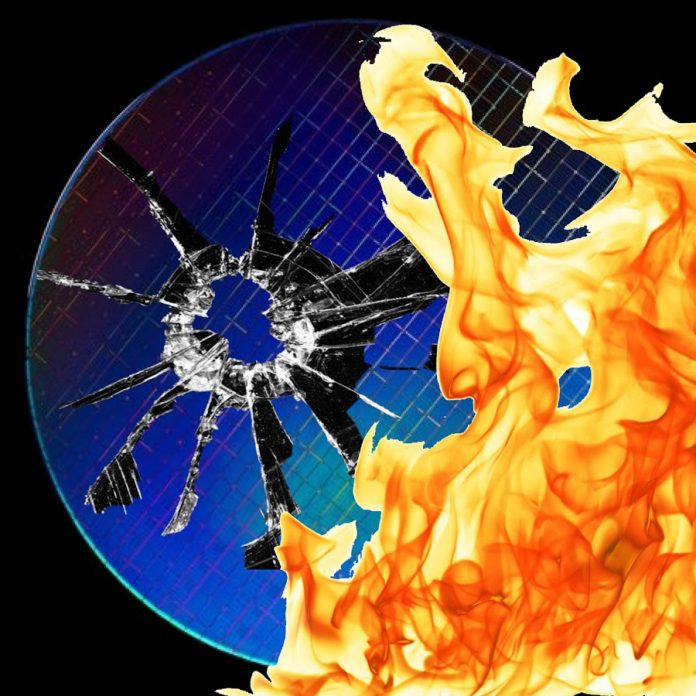
Documents cited by Moore’s Law is Dead indicate that Microsoft’s next‑generation Xbox, codenamed Magnus, is in final development stages. The console is expected to deliver up to double the performance of the PS5 Pro, targeting native 4K120 gameplay and improved ray tracing all in 2026
A new leak from Moore’s Law is Dead suggests Microsoft’s next-generation Xbox, codenamed Magnus, will feature AMD’s Zen 6 CPU cores and RDNA 5 graphics, delivering performance up to double that of the PlayStation 5 Pro. The system is expected to aim for 4K120 gameplay and may ship as early as late 2026 or 2027.
According to leaked documentation cited by Moore’s Law is Dead, the Magnus APU will use a two-chiplet design built around the AT2 GPU die, also set to power AMD’s mid-range desktop graphics cards. The GPU will reportedly feature 68 enabled compute units with a 192-bit GDDR7 memory bus, while the CPU leverages a 3nm Zen 6 configuration. Moore’s Law is Dead estimates performance will roughly match a Radeon-class GPU comparable to an RTX 5080, giving it 50 to 100 percent more performance than the PS5 Pro depending on workload.
The reuse of the AT2 die across desktop GPUs and the console could allow Microsoft to lower production costs over time while improving driver support. Magnus is also expected to feature FSR upscaling, ray tracing, and backwards compatibility for previous Xbox titles. While pricing is unknown, speculation points to a launch price in the 500 to 600 dollar range, with at least 32GB RAM expected to support high-resolution gaming at 120Hz.
Conclusion
If accurate, the Magnus design represents a significant step for Xbox, leveraging AMD’s next-generation technologies to target high-refresh 4K gaming and potentially disrupt the mid-range PC market by reusing silicon shared with desktop GPUs. More concrete details, including pricing and launch timing, are expected to emerge in the coming months as development finalizes.
Related Articles
Sebastian Jankowski – Proofreader and tech writer – 27 articles published on Notebookcheck since 2025
A heavy PC user since 1989, I’ve experienced every stage—8-bit, 16-bit, and 32-bit—through the early console years. The Oculus revolution pulled me into VR, leading me to open my own VR arcade. My classic education was complemented by a daily deep dive into PC hardware and software news. With over 20 years of experience in the consumer electronics industry—spanning major financial and administrative firms—I now primarily work as a freelance writer and IT consultant. Based in the UK, I live with my family.
Sebastian Jankowski, 2025-07-30 (Update: 2025-07-30)

